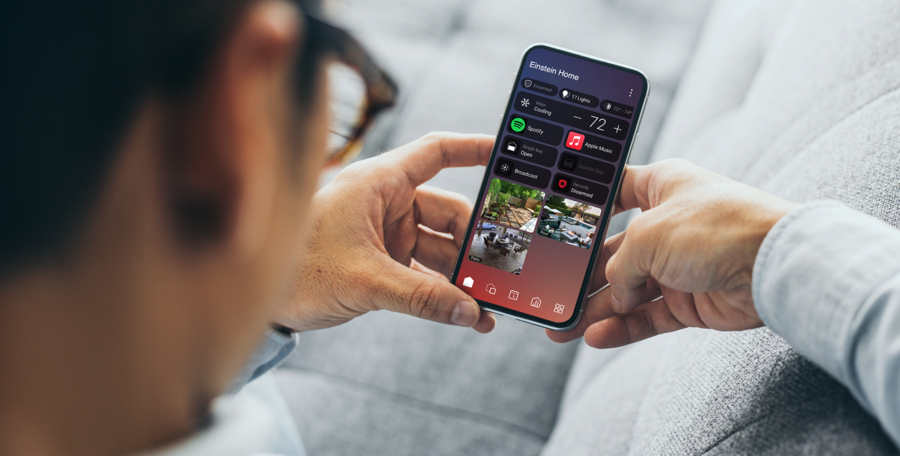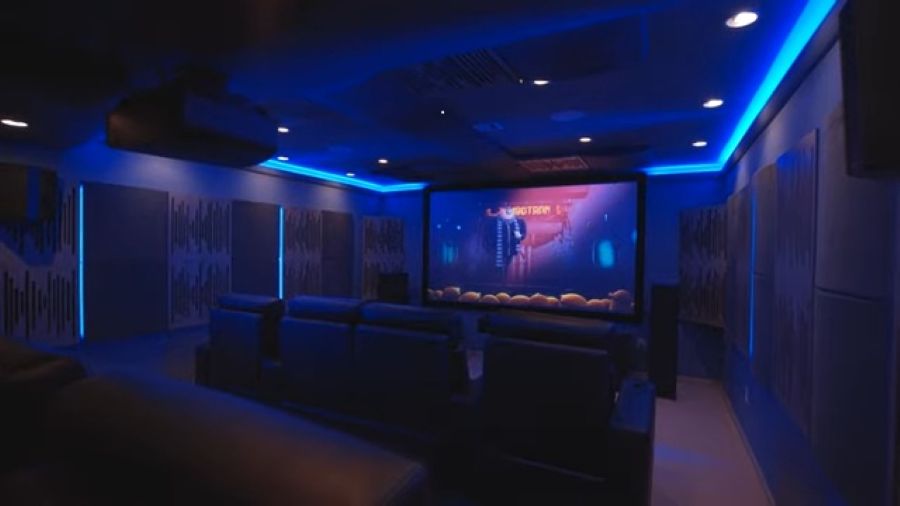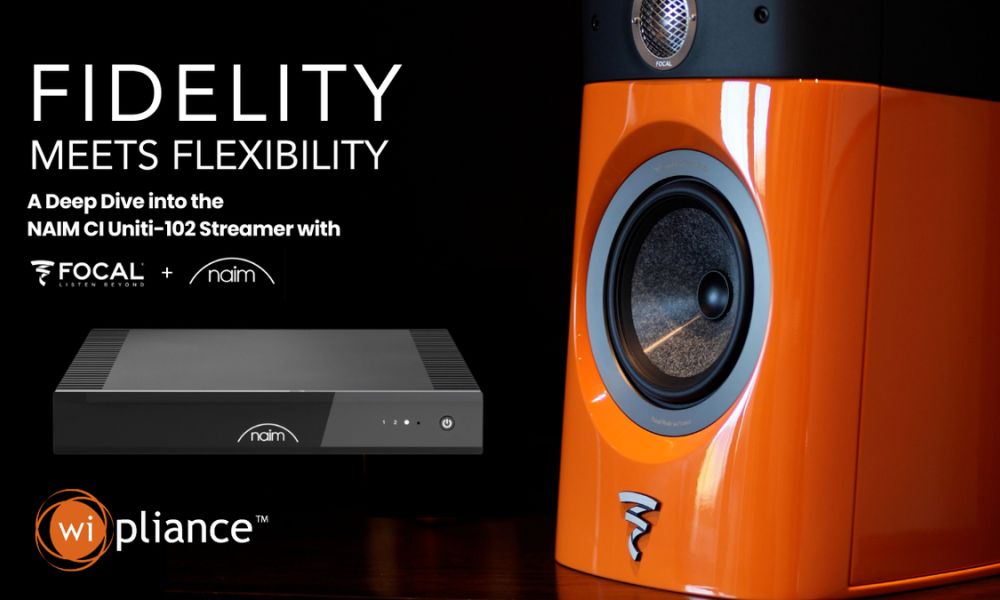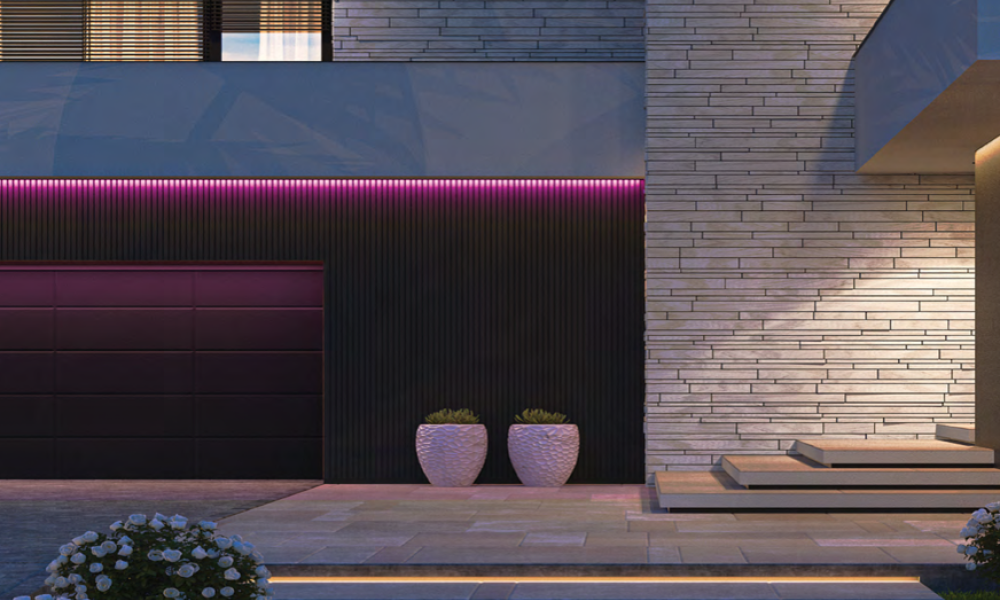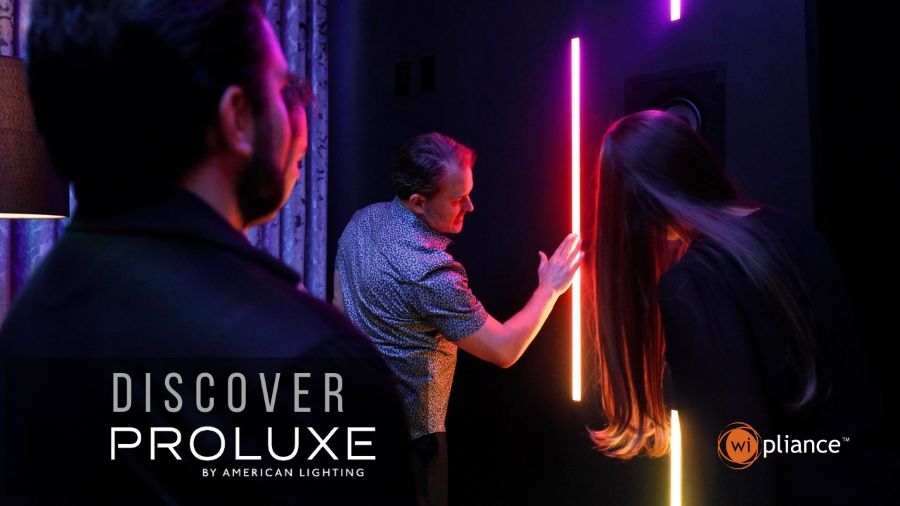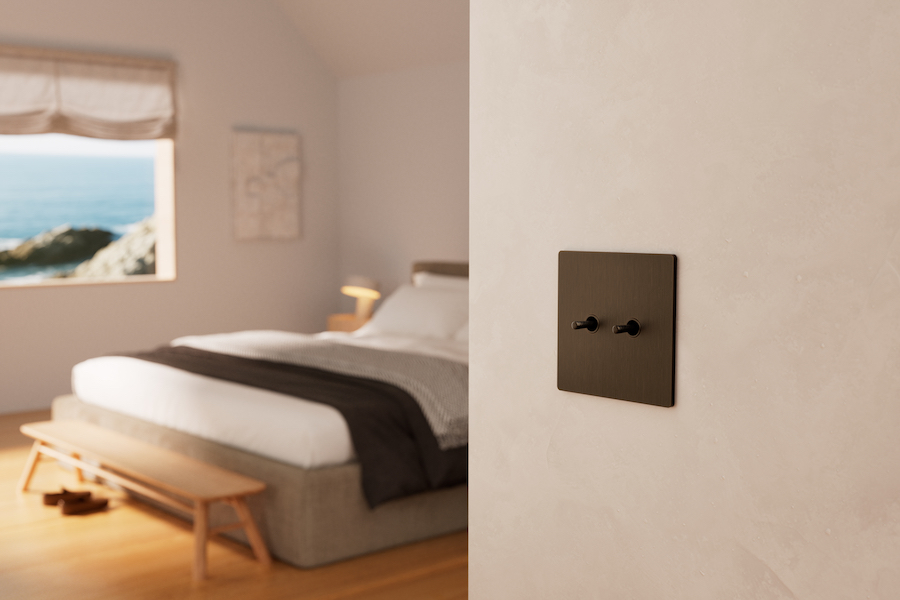All Blogs
Video Release: How to Create a Home Theater with Wipliance
23 December 2025
Scottsdale Event Recap: Wipliance Scottsdale Showroom Grand Opening
11 December 2025
Spokane Event Recap: Sip, Savor & Explore the Future of Home
18 November 2025
Wipliance Expresses Its Gratitude During the Season of Giving
10 November 2025

